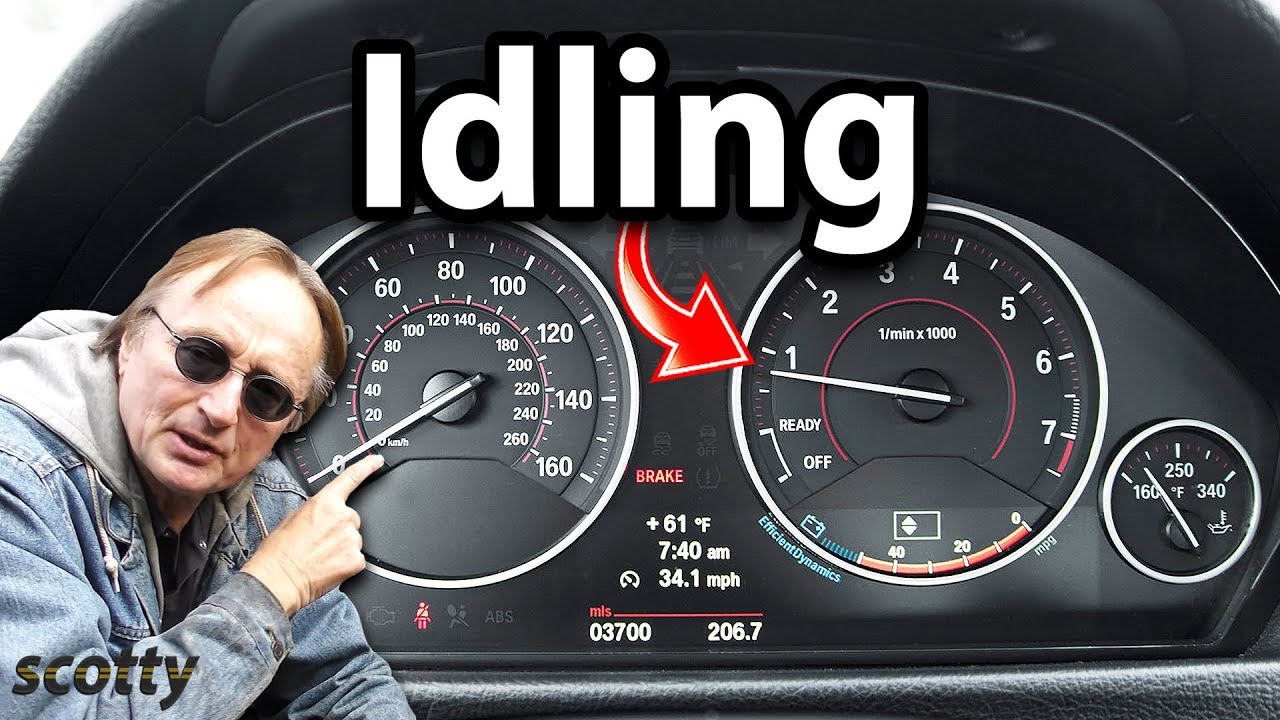- Does Idling Your Car Damage the Engine?
- Introduction
- What Is Idling?
- The Effects of Idling on Your Engine
- Increased Fuel Consumption
- Increased Emissions
- Carbon Buildup
- Premature Engine Wear
- How to Minimize the Effects of Idling
- Keep Your Idling Time Short
- Use the Automatic Stop-Start Feature (If You Have It)
- Turn Off Your Car When Possible
- Conclusion
Does Idling Your Car Damage the Engine?
Introduction
Idling is a common practice for many drivers, especially during warm-up or in stop-and-go traffic. However, there is some debate over whether or not idling can damage your car’s engine.
What Is Idling?
Idling is when your car’s engine is running but the vehicle is not moving. This typically occurs when you are stopped at a traffic light, in a parking lot, or when you are warming up your car.
The Effects of Idling on Your Engine
There are several potential negative effects of idling on your car’s engine, including:
Increased Fuel Consumption
When your car is idling, the engine is still burning fuel, even though the vehicle is not moving. This can lead to increased fuel consumption and higher fuel costs.
Increased Emissions
Idling also leads to increased emissions from your car’s exhaust system. These emissions include hydrocarbons, carbon monoxide, and nitrogen oxides, all of which can contribute to air pollution.
Carbon Buildup
When your car is idling, the engine is not running at its optimal temperature. This can lead to a buildup of carbon deposits on the pistons, valves, and other engine components. Over time, this carbon buildup can reduce engine performance and efficiency.
Premature Engine Wear
Idling can also lead to premature engine wear. When your car is idling, the oil pump is not circulating oil as effectively as it should. This can lead to increased friction between engine components, which can result in premature wear and tear.
How to Minimize the Effects of Idling
If you must idle your car, there are a few things you can do to minimize the negative effects:
Keep Your Idling Time Short
The longer your car idles, the greater the potential for damage. If possible, try to keep your idling time to a minimum.
Use the Automatic Stop-Start Feature (If You Have It)
Many newer cars come with an automatic stop-start feature that turns off the engine when the car is stopped. This feature can help to reduce idling time and fuel consumption.
Turn Off Your Car When Possible
If you are going to be stopped for an extended period of time, such as in a parking lot or at a drive-thru, turn off your car. This will help to reduce fuel consumption, emissions, and engine wear.
Conclusion
While some idling is unavoidable, it is important to be aware of the potential negative effects it can have on your car’s engine. By following the tips above, you can minimize these effects and keep your engine running smoothly for longer.





